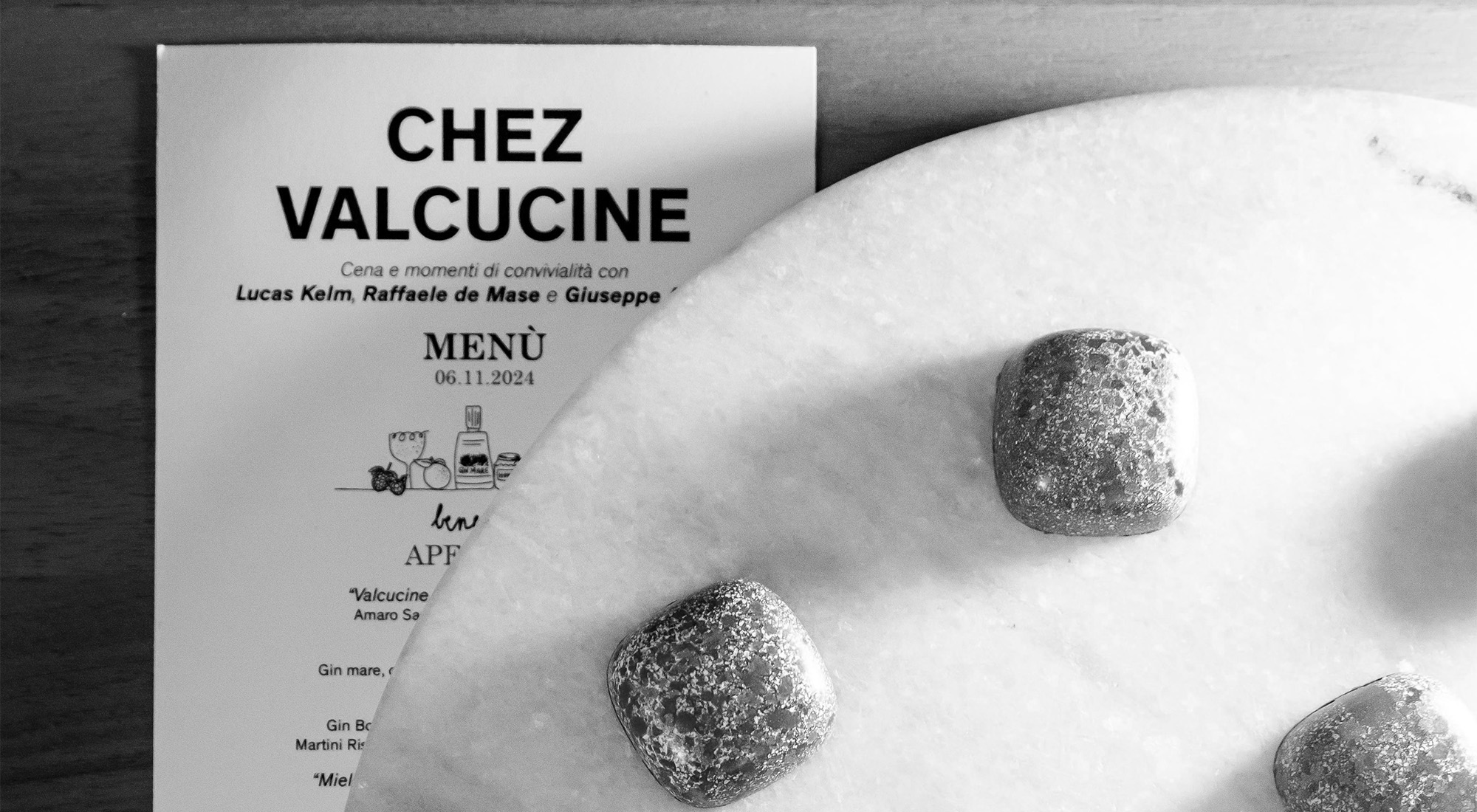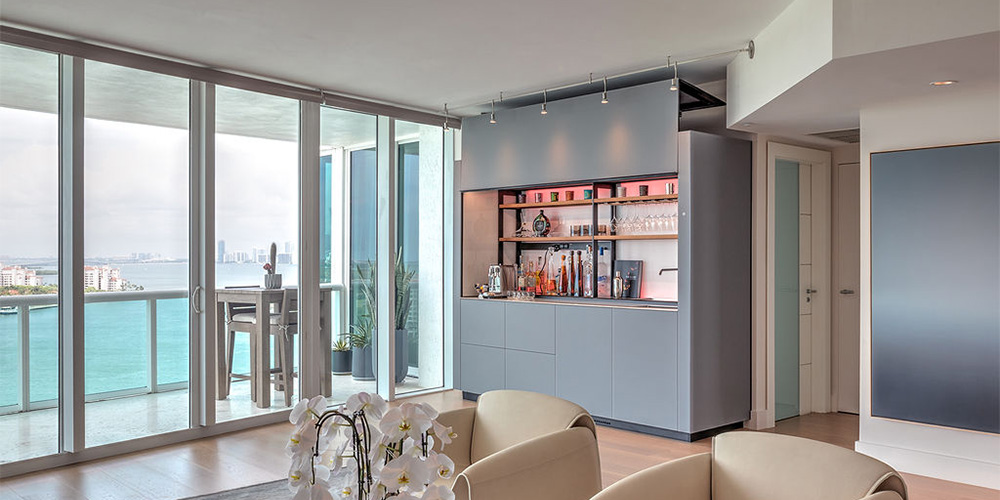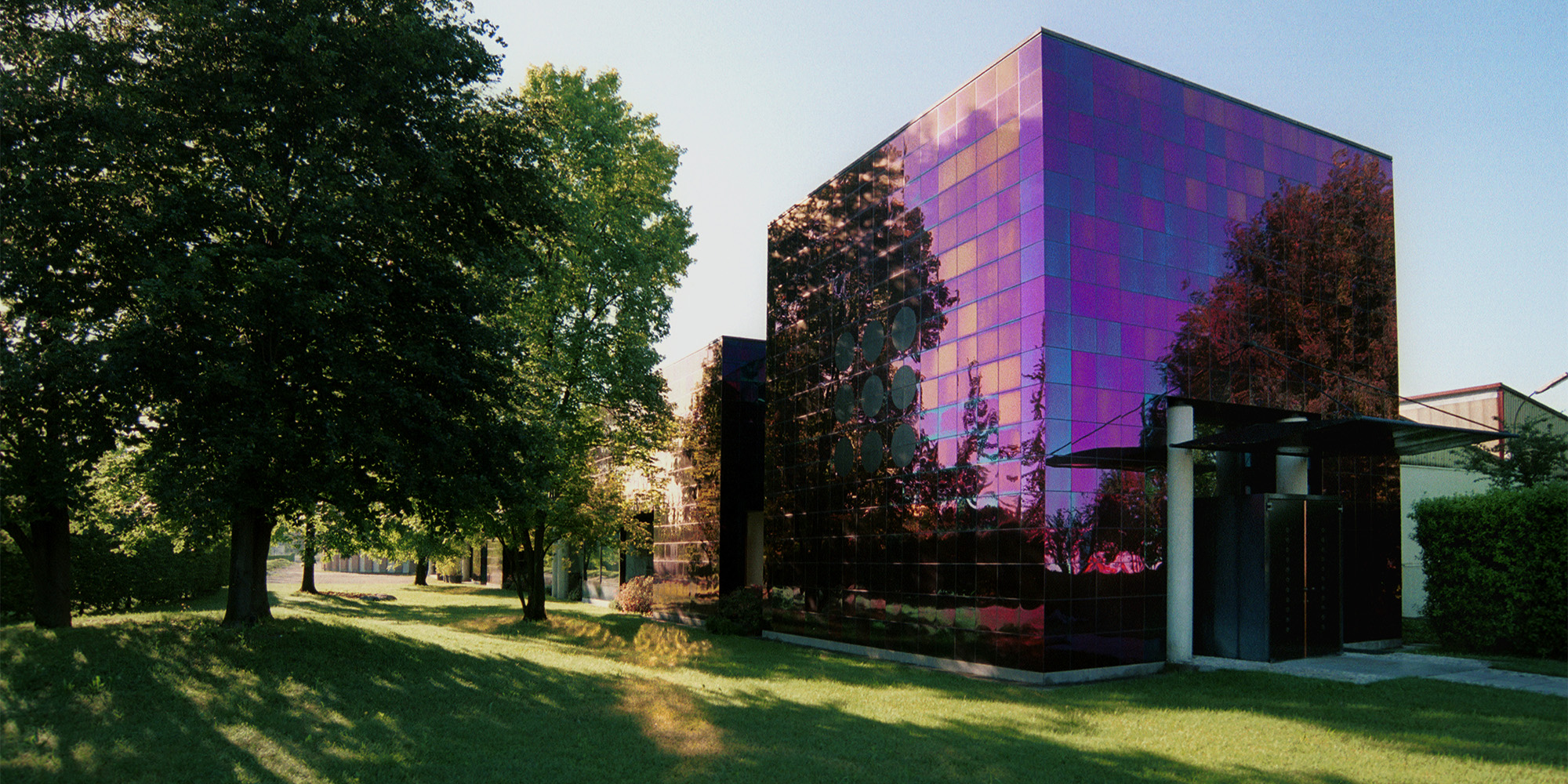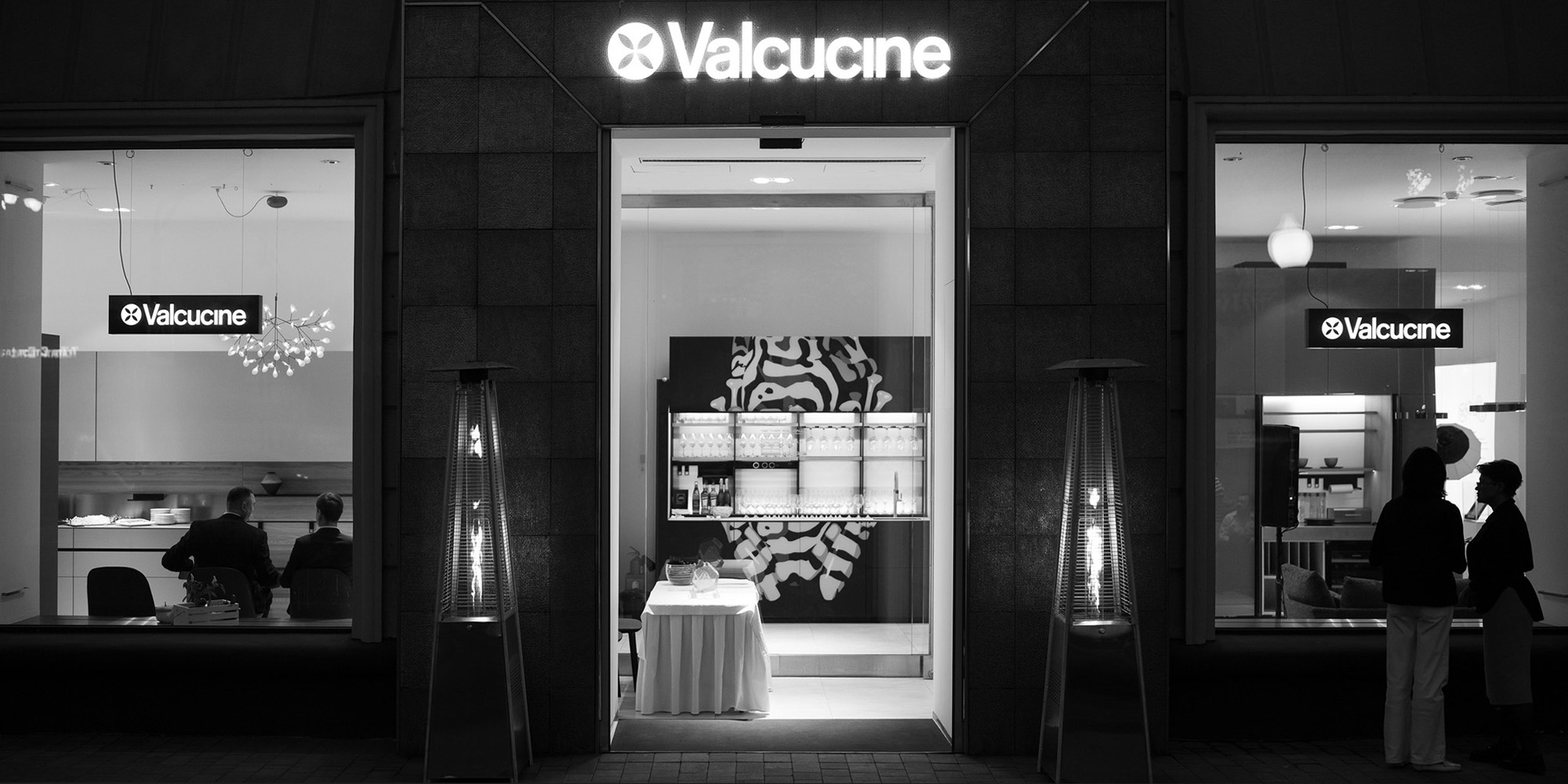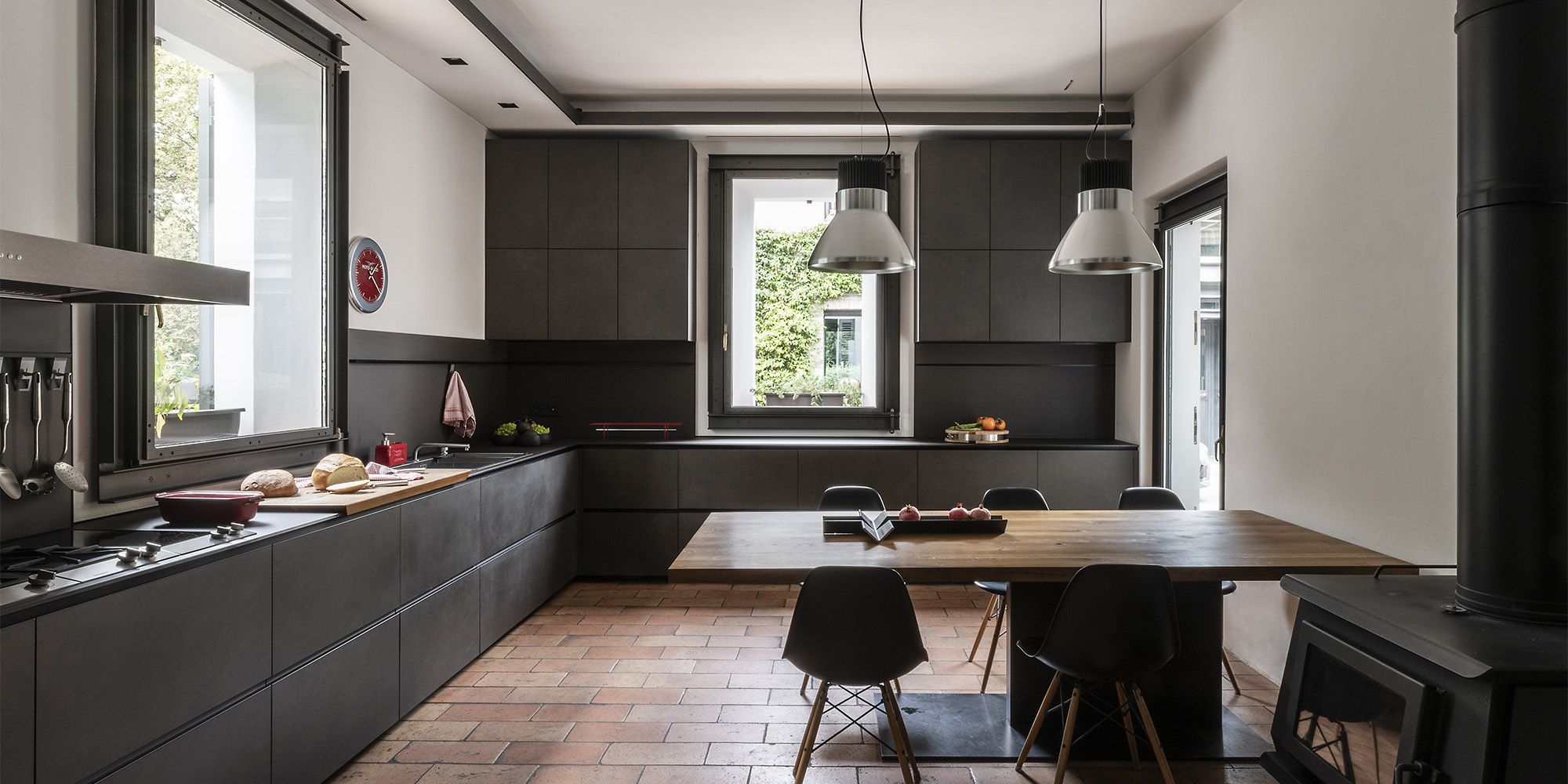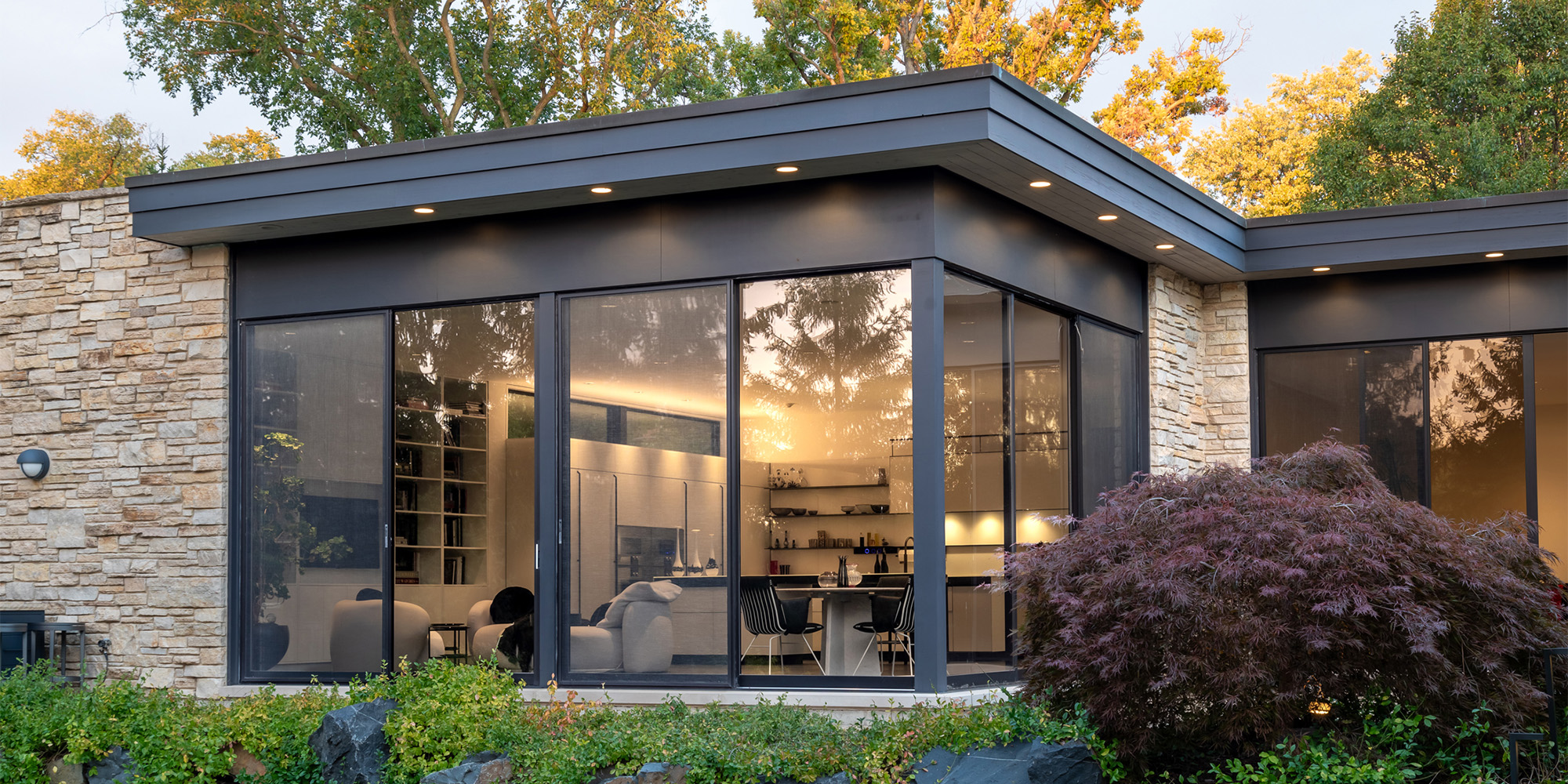22 March 2009: the World Water Day
Since 1993, International World Water Day is held annually on 22 March as a means of focusing attention on the importance of freshwater and advocating for the sustainable management of freshwater resources.
An international day to celebrate freshwater was recommended at the 1992 United Nations Conference on Environment and Development (UNCED). The United Nations General Assembly responded by designating 22 March 1993 as the first World Water Day.
Each year, World Water Day highlights a specific aspect of freshwater. For this year, the theme is ‘Shared water-Shared Opportunities‘. The world's 263 transboundary lake and river basins include the territory of 145 countries and cover nearly half of the Earth's land surface. Great reservoirs of freshwater also move silently below our borders in underground aquifers. With every country seeking to satisfy its water needs from limited water resources, some foresee a future filled with conflict. But history shows that cooperation, not conflict, is the most common response to transboundary water management issues.
Via: UNECE
We share the responsibility for managing the world's transboundary waters for current and future generations.
Currently, the most developed countries, which correspond to the 20% of the world population, consume about the 80% of the resources, while the underdeveloped populations, 80% of the world population, make use only of the 20% of the resources. If the 80% of the world population consumed the same quantity of resources of the developed countries 4 Earth would be necessary to satisfy everybody's needs.
In all its projects and creations, in its work organisation and in its impact on the territory, Valcucine has embraced the concept of eco-compatibility that is closely linked to the objective of sustainable development, capable of satisfying the requirements of the present generations without jeopardising those of future ones. Valcucine gauge the structures of its products down to the essential to create objects that are the utmost expression of design based on a minimum consumption of raw materials and energy, i.e. on the philosophy of dematerialisation.



![Reblog this post [with Zemanta]](http://img.zemanta.com/reblog_e.png?x-id=c28db3a9-221e-43a6-a48e-035abe8d72fe)


